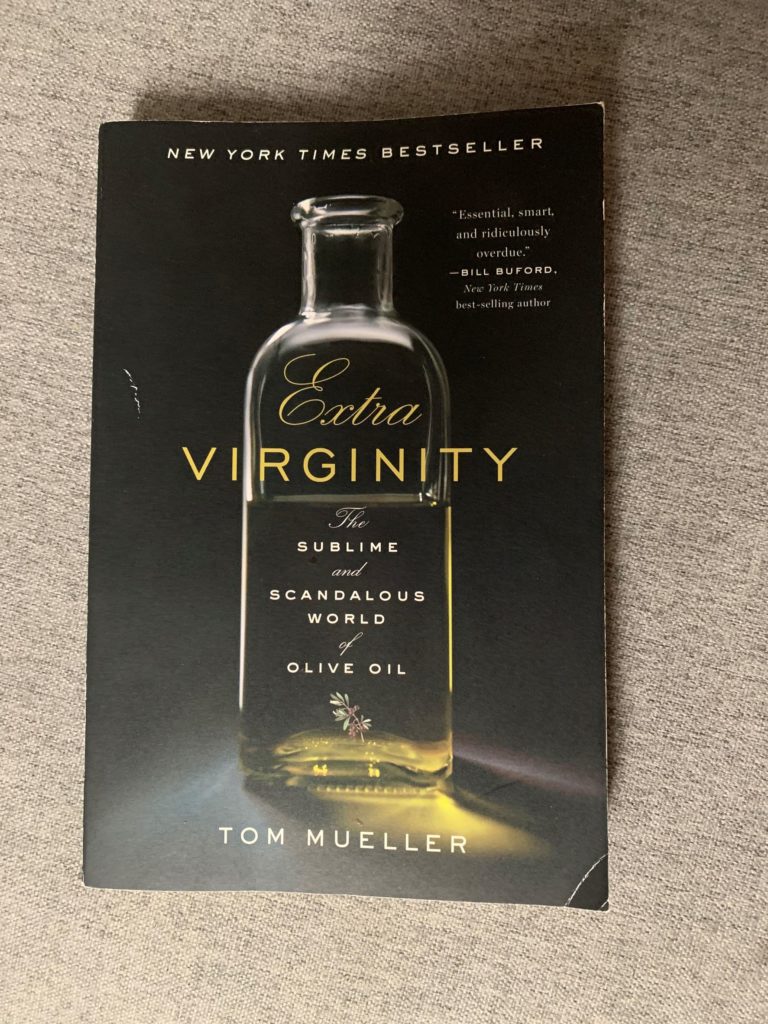Hot Dish Confidential: That Year My Friends Taught Me to Cook by George Sorensen was the Left Coast Culinary book club selection for January. As it turns out, one of our club members has a shirt tail connection to the author and apparently he lives locally even though the story largely takes place in Minneapolis.

I am just going to have to play the hand that I am dealt. The book starts out really promising with a description of a family dinner at a restaurant that no longer exists about a hour from me. I couldn’t follow exactly but somehow George feels guilty about the fact that he cannot cook and starts what could best be described a dinner club.
According to the book, the author takes the lead in organizing themed dinners where each of the participants contributes something to the effort. There are a some differences between what they do and what we do. Ours is a dinner theme based on a book. It seemed like many people were actually cooking immediately before the meal in most months of the book. They sometimes incorporated costumes and there was one person in charge of wine.
The theory is that this is a story of a year learning how to cook. Therefore, each chapter is a month to make up that year. My criticism is that he never really talked about learning to cook. The way that I read it, George organized each dinner an nearest I can tell he learned by being there. On top of that, I would guess that at least a third of the book is him travelling to other countries and at least one section he talks about how he was suckered into an Amway meeting.
To be blunt, the book is poorly written and would benefit from some serious structural editing. Late in the book, he starts talking about Susan as someone special like it was obvious to the reader. I inferred that this was to be his eventual spouse but there was no mention prior and I even went back to re-read the previous chapter to see if I missed something. I got the feeling that most of the book were events in his life that were thrown into a blender and reordered to fit into the idea of the book.
I definitely understand that travel and culture can relate to appreciation of food and by proxy recipes and technique but I have never learned anything about cooking by going to a restaurant. Given that was such a prominent proportion of the book, I have to call bull on the premise in the first place. The book would have been so much better if it had just been anecdotes of a year of this supper club.
Even the title is misleading. There is a small definition of Hot Dish in the beginning. For those of you that don’t know, Hot Dish is midwestern term for casserole. It is what it is, not fine dining but as much as I like good food, I don’t turn up my nose at casserole. Other than a couple of pages, Hot Dish played no role in the book at all. Just based on title, I am disappointed that the book wasn’t more relatable or down to earth.
It was not one hundred percent bad, I enjoyed learning about how they ran their club. There were some recipes in the book. I made the Asparagus quiche for the meeting and it turned out well. There was a number of ideas and pairings as a result the monthly menus that I think were inspirational.
End Your Programming Routine: It is not a cookbook, it is not even a cohesive story. Because this book club is a voluntary event that I enjoy, I do not regret reading the book but I cannot recommend it given so many other choices out there. If I had one piece of advice for George, the author I would say rework this thing so he could make a much more compelling argument for reading.


Recent Comments